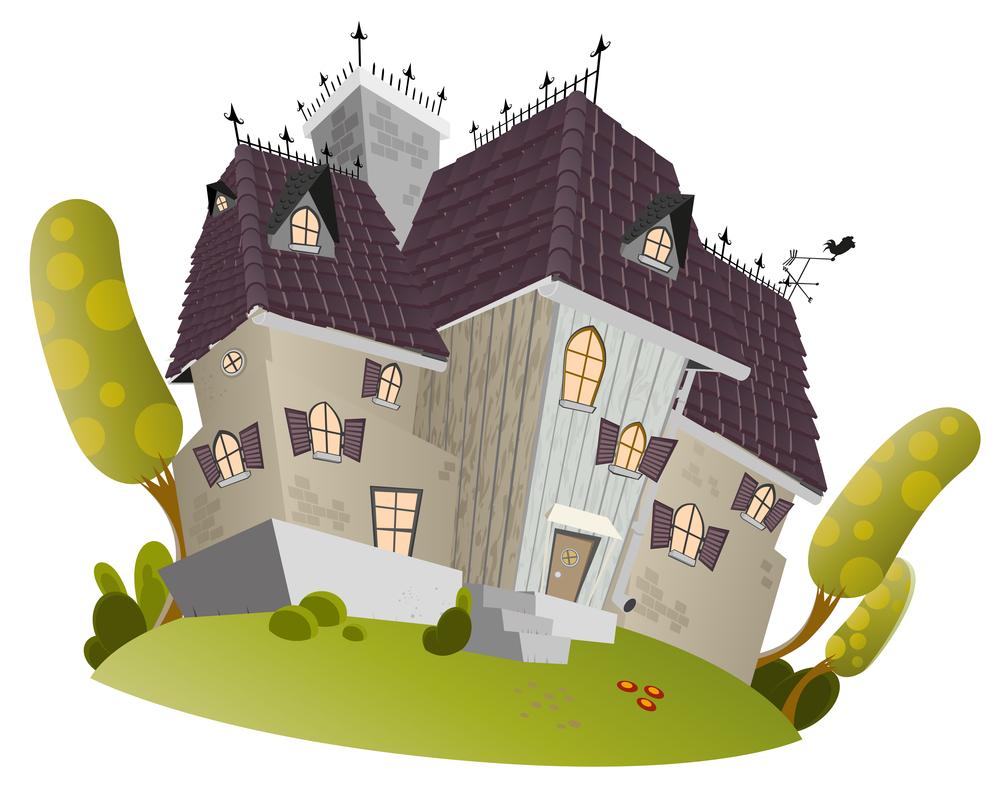Key Elements Influencing Your Mortgage Rates
Discover the key factors that influence your mortgage interest rate. From credit scores and down payments to loan duration, interest type, and location, understanding these elements can help you secure the best possible deal on your home loan. Learn how to optimize your chances for lower rates and make informed borrowing decisions.
Sponsored

Securing a mortgage with the most favorable interest rate is often a top priority for homebuyers. Since interest costs form a major part of total loan expenses, understanding the factors that affect these rates is essential. Although predicting exact rates can be challenging, knowing what influences them helps improve your chances of obtaining a better deal.
Here are critical factors that significantly impact your mortgage interest rate:
Credit Score
Your creditworthiness, reflected in your credit score, determines your ability to repay loans. A higher score increases your chances of qualifying for lower interest rates, as lenders view you as less risky.
Initial Payment
Making a substantial down payment can lower your mortgage rate. While some lenders offer loans without a down payment, they often come with higher interest costs. A bigger down payment signals lower risk to lenders, leading to better rates.
Loan Term and Amount
Longer and larger loans tend to attract higher interest rates due to increased risk and capital involved. For example, car loans usually have lower rates than mortgage loans because of the difference in loan duration and amount.
Interest Rate Type
Fixed interest rates remain unchanged throughout the loan period, providing stability. Adjustable rates fluctuate based on market conditions, which may lead to lower or higher payments over time.
Location of the Property
Regional market conditions influence lender rates. Areas with high demand or economic growth may see higher interest rates, while less active markets might offer more competitive terms.






